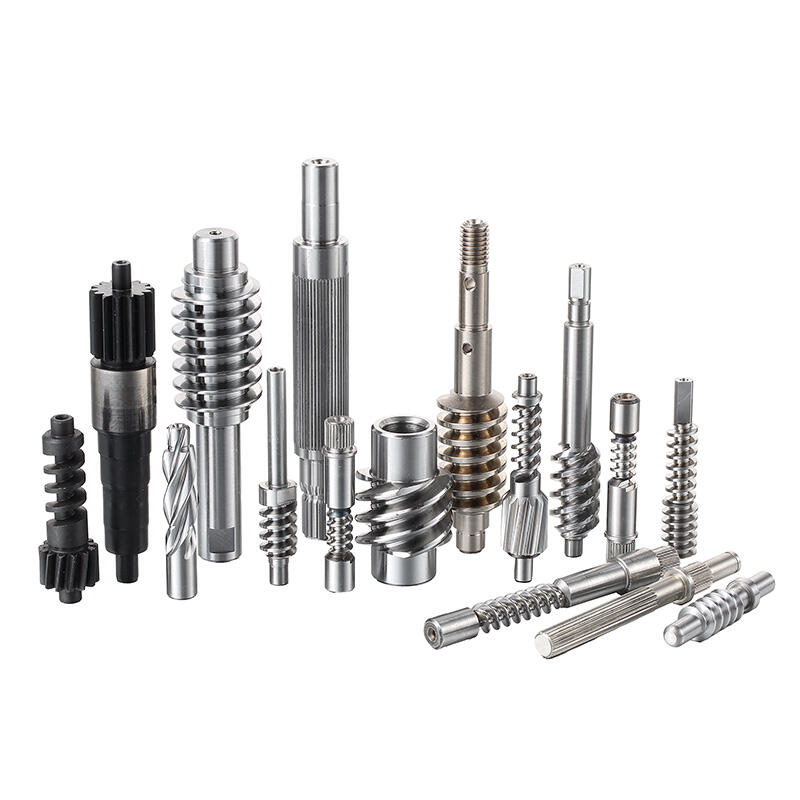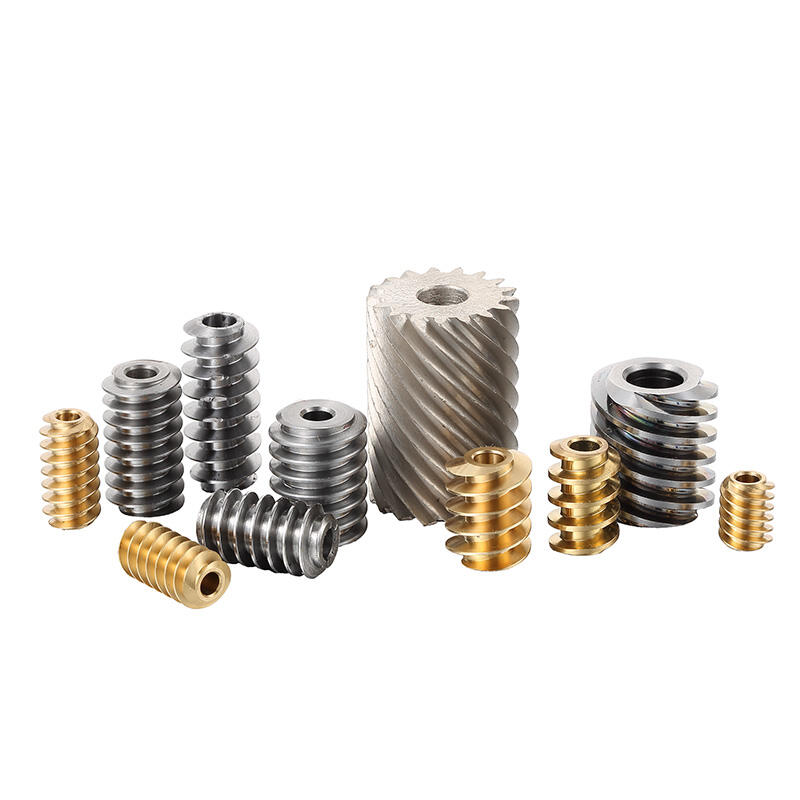shaft in dc motor
The shaft in a DC motor serves as a critical mechanical component that transforms electrical energy into rotational mechanical energy. This essential element acts as the primary axis of rotation, supporting the armature or rotor assembly while transmitting torque to the connected load. Manufactured from high-grade materials like steel or stainless steel, the shaft demonstrates exceptional durability and resistance to mechanical stress. Its precision-engineered design includes features such as keyways, splines, or threaded sections that facilitate secure coupling with various mechanical components. The shaft's diameter and length are carefully calculated to handle specific torque requirements and maintain optimal performance under various operating conditions. In modern DC motors, shafts often incorporate advanced bearing systems that minimize friction and ensure smooth rotation. The shaft's design also considers factors such as thermal expansion, vibration dampening, and load distribution to enhance overall motor efficiency. Applications range from small precision instruments to large industrial machinery, where the shaft's reliability directly impacts system performance. Special surface treatments and coatings may be applied to enhance wear resistance and prevent corrosion, extending the shaft's operational lifespan. The integration of sophisticated monitoring systems helps maintain shaft alignment and detect potential issues before they affect motor performance.


